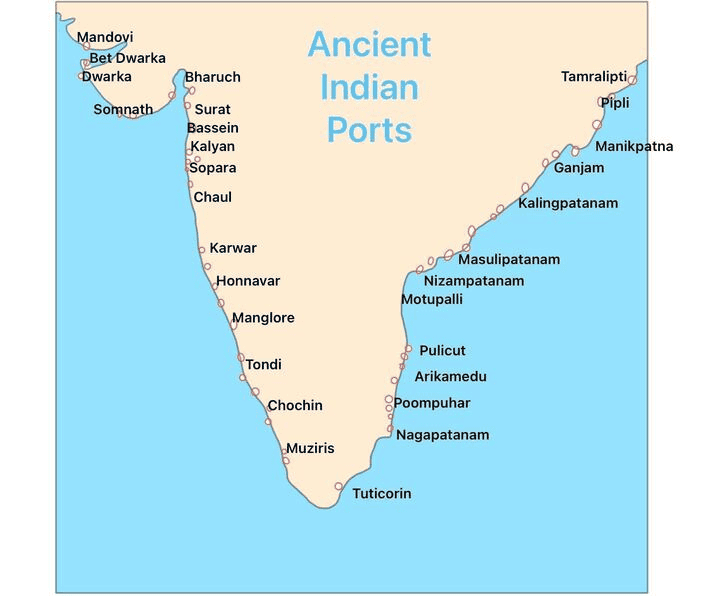UPSC Prelims 2023 Analysis
Subject-Wise MCQ Distribution
- Environment & Ecology had the highest weight (17 questions), as expected due to the combined exam of CSE and IFS. Many questions required analytical abilities and knowledge of maps to answer correctly.
- Economy (16 questions) and Polity (15 questions) remained major focus areas. A combination of static NCERT concepts and current economic updates like the budget was essential.
- History questions predominantly focused on Art and Culture, while the remaining topics were evenly distributed among Ancient, Medieval, and Modern History. Many required knowledge of historical maps to contextualize answers.
- International Relations (10 questions) was a major surprise, emphasizing geopolitical events. Reading newspapers and investing time in Atlas and maps was helpful for tackling these questions.

Difficulty Analysis
- Easy Questions (20): Required basic NCERT knowledge.
- Medium-Level Questions (45): Demanded strong analytical abilities and multi-concept integration (e.g., linking budget policies with economic fundamentals).
- Hard Questions (35): Designed to test deep conceptual clarity and the ability to tackle match the following and assertion-based formats.

Variations in Question Framing
- The largest portion of the paper (47 questions) comprised multi-statement, non-eliminable questions, requiring candidates to determine how many statements were correct (e.g., "Only one," "Only two"). This tested analytical abilities and assertion-reasoning skills.
- UPSC deliberately reduced reliance on elimination techniques, making conceptual clarity even more crucial.
- 18 Assertion-Reason-based questions added further complexity.
- The impact of this difficulty was reflected in the cut-off marks—the general category cut-off was just 75.41, the lowest in UPSC history.

Static vs Current Affairs Distribution
- Static Questions (63%): Covered core UPSC Prelims test paper themes, such as constitutional articles, historical events, and core geography topics.
- Current Affairs (37%): Focused heavily on global events, including wars, regime changes, and resource distribution (e.g., cobalt production). These often required analyzing maps and integrating static knowledge with recent developments.
Key Learnings for Future Preparation
- The UPSC Prelims 2023 exam tested a mix of conceptual clarity, analytical abilities, and current affairs awareness.
- High-weightage subjects like Environment, Economy, and Polity should be prioritized.
- Strengthening NCERT basics is crucial, especially for Polity, History, and Geography.
- Developing analytical abilities will help tackle assertion-reason and match the following questions effectively.
- Maps are essential for Geography, International Relations, and Environment topics.
- Aspirants must prepare for diverse question formats, including multi-statement, assertion-based, and budget-related economic questions.
The UPSC Prelims 2023 paper balanced factual recall with analytical reasoning, focusing on Environment, Economy, and Polity. The exam emphasized conceptual clarity and current affairs integration. A strategic preparation approach, covering both static and dynamic topics, is key for success.
Subject-Wise Answer Key
QUESTION 1
Easy
Ancient History
Prelims 2023
With reference to ancient South India, Korkai, Poompuhar and Muchiri were well known as
A. capital cities
B. ports
C. centres of iron-and- steel making
D. shrines of Jain tirthankaras
